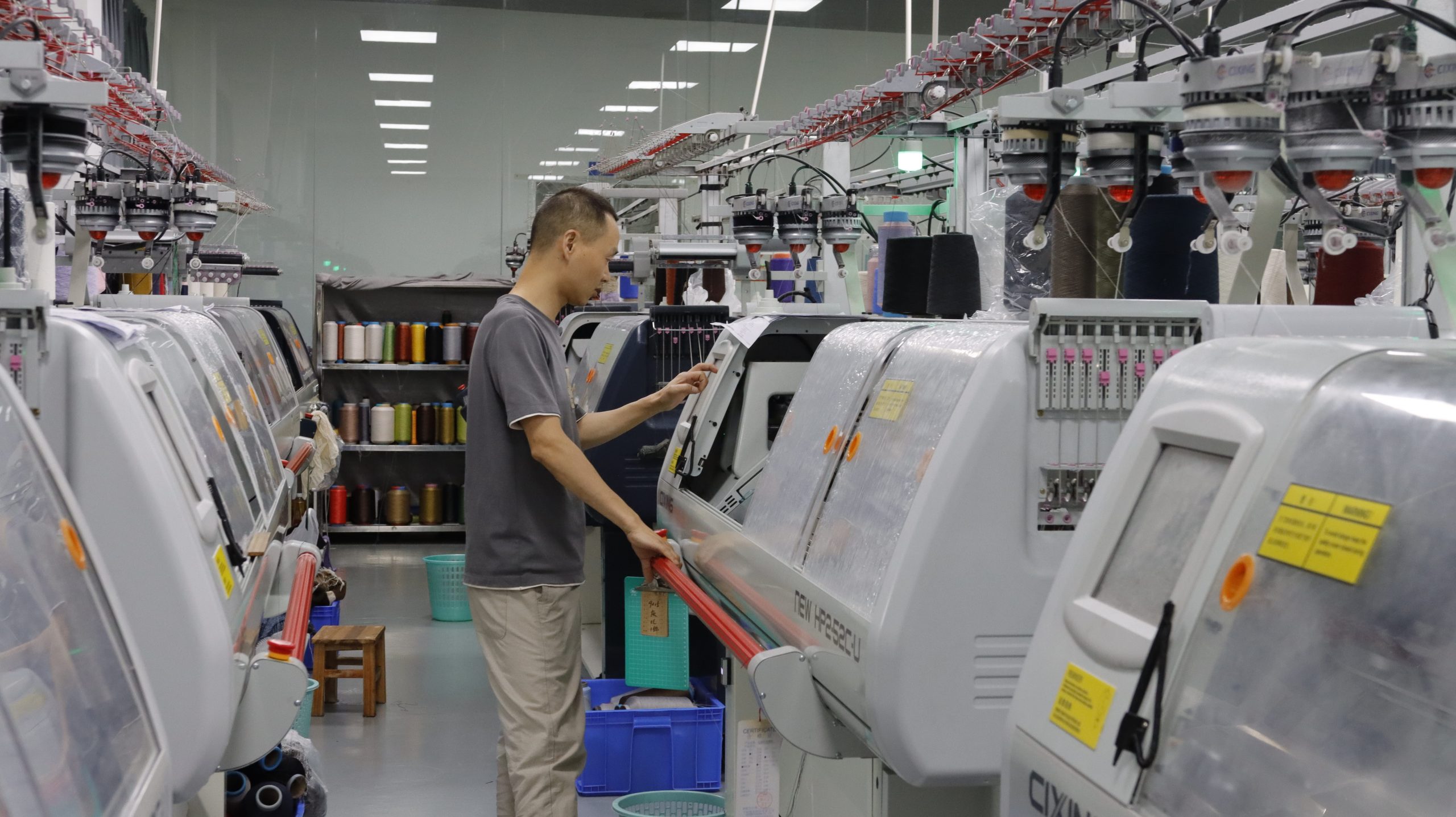Fibra di poliestere, nota anche come poliestere
è una fibra sintetica ricavata da prodotti petrolchimici.
La sua storia può essere fatta risalire al 1941, quando fu sviluppato per la prima volta in un laboratorio da scienziati britannici.
La composizione chimica della fibra di poliestere.
Si tratta principalmente di polietilene tereftalato, spesso chiamato PET.
È un composto polimerizzato, formato da una reazione di policondensazione tra acido benzene dicarbossilico e glicole etilenico.
Questo materiale è caratterizzato da elevata resistenza, resistenza all'abrasione, resistenza alle alte temperature, resistenza chimica e non si deforma facilmente.
La fibra di poliestere ha un'elevata robustezza e resistenza all'abrasione ed è facile da pulire e asciugare rapidamente, quindi è ampiamente utilizzata per realizzare abbigliamento, tessuti per la casa e forniture industriali. A causa della sua resistenza alle alte temperature e agli agenti chimici, la fibra di poliestere viene spesso utilizzata anche per realizzare prodotti che richiedono durevolezza e resistenza agli agenti atmosferici. Ha una vasta gamma di applicazioni e può essere utilizzato per soddisfare una varietà di esigenze di materiali in fibra in diversi campi.
Sostenibilità della fibra di poliestere.
Sebbene la fibra di poliestere provenga da prodotti petrolchimici, può anche essere riciclata.
Il materiale di scarto in fibra di poliestere riduce lo spreco di risorse e il carico sull'ambiente.
Pertanto, la sostenibilità della fibra di poliestere è uno dei motivi per cui ha ricevuto così tanta attenzione.
Vantaggi
La fibra di poliestere è ad alta resistenza, resistente all'abrasione, alle pieghe, non facile da deformare, ha un certo grado di resistenza chimica, facile da pulire e ad asciugatura rapida.
Rende gli indumenti e i tessili per la casa più durevoli, facili da pulire e asciugare.
Svantaggi
La fibra di poliestere presenta problemi come scarsa traspirabilità, scarso assorbimento dell'umidità e facile generazione di elettricità statica
Può causare disagio se indossato o utilizzato per lunghi periodi di tempo.
Meno elastiche e meno resistenti delle fibre naturali, il che può risultare in indumenti meno lusinghieri.
Usi funzionali
- Elevata robustezza e resistenza all'abrasione
Le contee di fibre di poliestere hanno un'elevata resistenza e resistenza all'abrasione:
L'elevata robustezza e resistenza all'abrasione delle fibre di poliestere le rendono ideali per realizzare indumenti durevoli e tessuti per la casa. Gli indumenti per l'uso quotidiano, come abbigliamento sportivo, giacche, pantaloni e lenzuola, sono spesso realizzati in fibra di poliestere per garantire che siano durevoli e possano resistere all'usura quotidiana e ai lavaggi frequenti.
- Resistenza alle alte temperature e agli agenti chimici
La resistenza alle alte temperature della fibra di poliestere le consente di rimanere stabile in ambienti ad alta temperatura e non si deforma o si restringe facilmente. Ciò lo rende un materiale ideale per la realizzazione di prodotti industriali e per esterni, poiché è in grado di mantenere la sua integrità strutturale in condizioni ambientali difficili. Inoltre, la sua resistenza agli agenti chimici lo rende prezioso per le applicazioni in ambienti industriali.
- Facile pulizia e asciugatura rapida
La fibra di poliestere ha una superficie liscia che non attira facilmente lo sporco ed è facile da pulire.
Le sue proprietà di asciugatura rapida facilitano anche l'asciugatura dei vestiti, riducendo i tempi di asciugatura.
- Conservazione del colore
La ritenzione del colore della fibra di poliestere è buona, può mantenere colori vivaci e brillanti per lungo tempo e non sbiadisce facilmente, quindi è adatta per realizzare abiti e arredi per la casa dai colori vivaci.
- Prestazioni personalizzabili
La fibra di poliestere ha forti prestazioni personalizzabili, in base alla necessità di regolare le caratteristiche della fibra, come resistenza, elasticità e morbidezza, al fine di adattarsi alle esigenze di produzione di diversi prodotti.

 English
English Deutsch
Deutsch Français
Français Italiano
Italiano Español
Español Русский
Русский Polski
Polski Nederlands
Nederlands Svenska
Svenska

